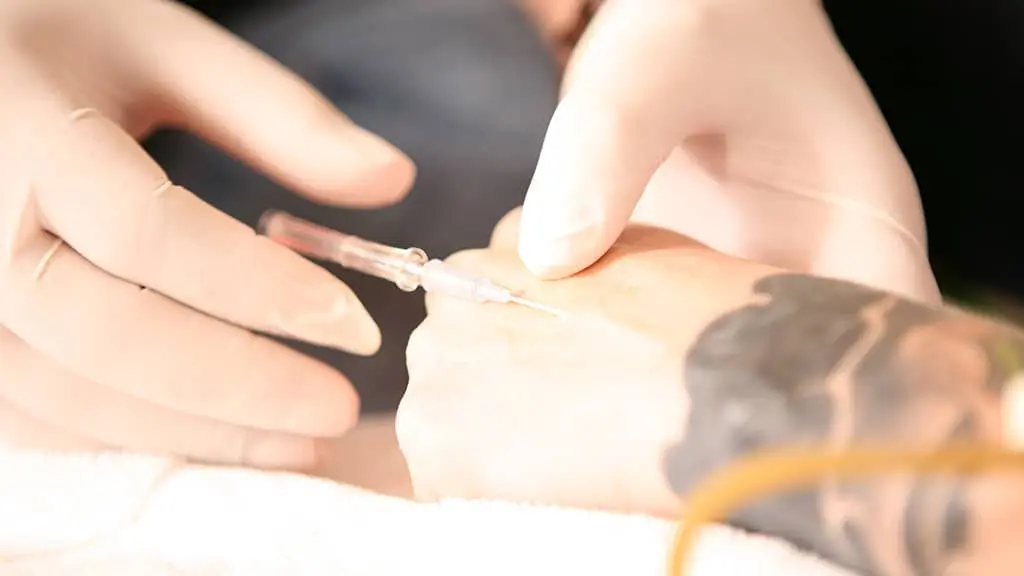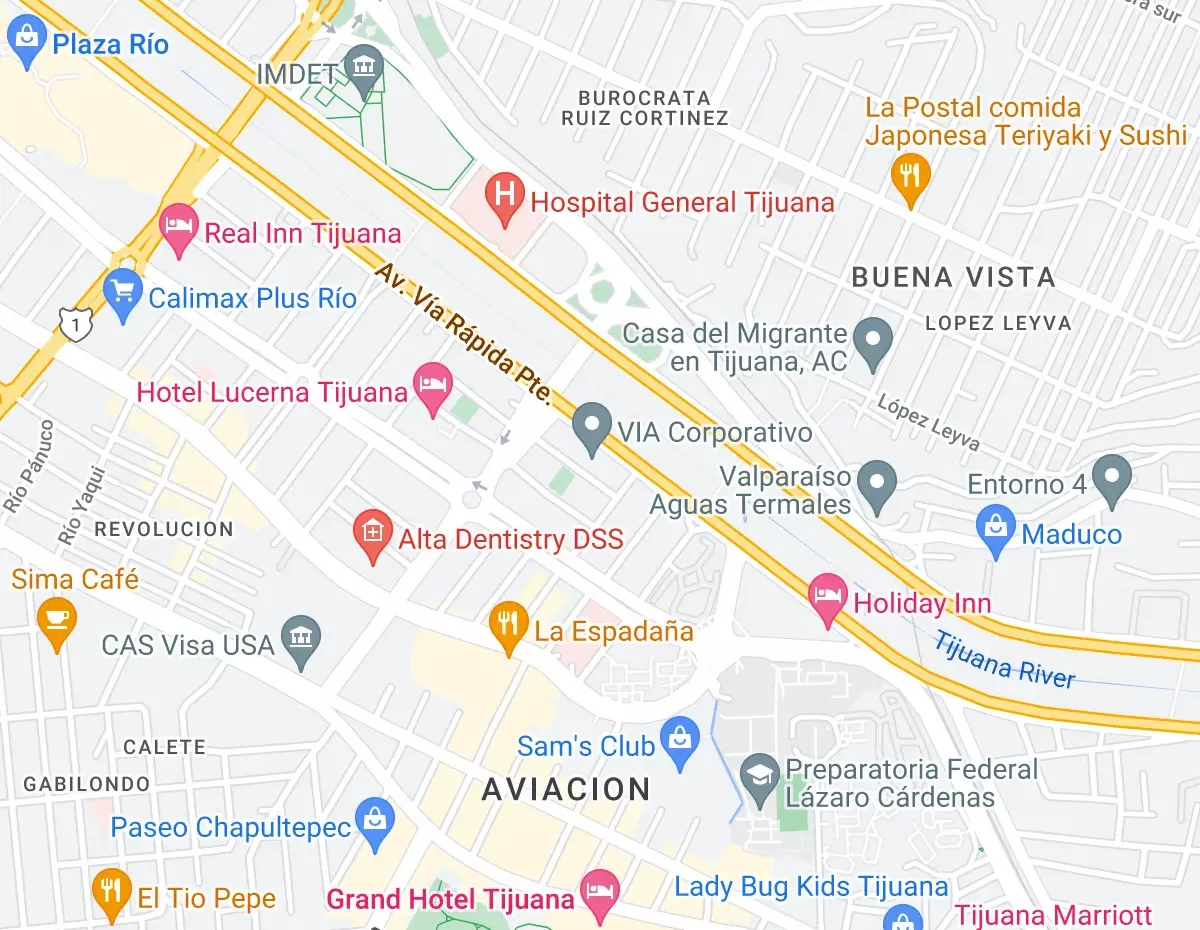Approximately 70,000 people died from opioid abuse in 2020 in the United States alone, with numbers on the rise. The opioid epidemic affects people of all ages and all races and is a significant public health issue. These staggering statistics cause numerous experts in various fields to search for new and improved addiction treatments. One such treatment that continues to grow in popularity is ibogaine.
What is Ibogaine?
Ibogaine is a naturally occurring substance found in the bark of the Tabernanthe iboga plant in West Africa. Although historically, ibogaine has been used by West African tribes in rituals and rites of passage as a hallucinogenic, in smaller doses, it has been used in other parts of the world as a mild stimulant or antidepressant. In some countries, it has been used for its anti-addictive properties for decades, although it remains illegal in others, such as the U.S.
What Does Ibogaine Do?
Ibogaine works against addiction both pharmacologically and psychologically. It can ease drug withdrawal symptoms and cravings, thereby lowering the risk of relapse. It also causes a hallucinogenic state, which people describe as a journey of some of their most significant life experiences. Ibogaine is most often used to treat opioid addiction, but it can also be used to treat other types of addiction and as an anti-depressant. Ibogaine may be administered in pill form or intravenously, usually depending on the dosage. Many people experience long-term effects from even one ibogaine dose.
Ibogaine works on the brain’s neurotransmitters, making them more flexible and able to adapt to new perceptions and rewire the brain’s negative thought patterns. Additionally, unlike methadone, naloxone, and similar treatments, ibogaine does not have the potential addictive qualities of substituting one addiction for another. Combining therapy with ibogaine can help individuals with anxiety, post-traumatic stress disorder, obsessive-compulsive disorder, and a variety of other issues.
What is the Efficacy of Ibogaine Treatment?
Although ibogaine has been used for decades to combat addiction, research is somewhat lacking, making it somewhat more difficult to determine the efficacy of ibogaine. However, the research that has been completed has shown a reduction in heroin, morphine, cocaine, and alcohol consumption. There is no cure for addiction, but ibogaine treatment has been shown to increase abstinence from drug use by more than a year in many patients. Furthermore, approximately 30 percent of those that submitted to ibogaine treatment never used opioids again. Many people report better outcomes if ibogaine is used in conjunction with cognitive therapy. Long-time drug and alcohol users have shown increased benefits from more ibogaine treatments, either more upfront or after a period of months.

It is important to note that, like many treatments for any condition, there are associated risks. Some of these risks include loss of muscle coordination, nausea and vomiting, heart arrhythmia, and death. It is vital that ibogaine treatment be conducted by an experienced professional to ensure proper dosing. Additionally, ibogaine is not a miracle cure. Drug addiction takes work to overcome, but many people find that their improved mental state helps them to work through past trauma, long-held beliefs, and other factors that impede their ability to have breakthroughs that allow them to move past whatever has been holding them back.
Ibogaine can be the catalyst that allows people from all walks of life to overcome these barriers and begin a lifelong journey to recovery. That is exactly what New Roots Ibogaine Treatment can help you or your loved ones with - beginning a life-changing journey toward a brighter, better future that is worth giving up harmful substances for to beat addiction.




